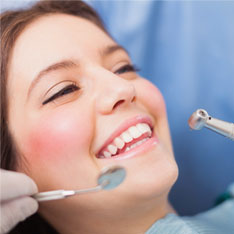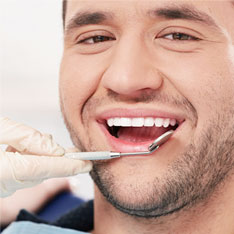COVID-19 FAQ
Q: Where can I get information about COVID-19 vaccines?
A: In the coming months, doctors’ offices, retail pharmacies, hospitals, and clinics will offer COVID-19 vaccine. Your doctor’s office or local pharmacy may have contacted you with information about their vaccine plans. If not, you can contact your state or local health department to find out when and where vaccines will be available in your community.
Q: When will it be my turn to get a COVID-19 Vaccine?
A: This varies from state to state, and sometimes county to county. Because the supply of COVID-19 vaccines in the United States is currently limited, the Centers for Disease Control and Prevention (CDC) is providing recommendations to federal, state, and local governments about which groups of people should be vaccinated first (e.g. front-line healthcare workers, or people over 65). CDC’s recommendations are based on those of the Advisory Committee on Immunization Practices (ACIP), an independent panel of medical and public health experts. Each state has interpreted those recommendations to create its own plan for which groups of people will be vaccinated first. Contact your state or local health department for more information on its plan for COVID-19 vaccination. The goal is for everyone to be able to get a COVID-19 vaccination easily as soon as large quantities of vaccine are available. As the vaccine supply increases, more groups will be added to receive vaccination. Learn more about CDC recommendationsfor who should get vaccinated first
Q: How much will the COVID-19 vaccination cost me?
A: COVID-19 vaccine will be free for you. The federal government is providing the vaccine free of charge to people living in the United States. However, your vaccination provider may bill your insurance company for an administration fee.
Q: After I’ve been vaccinated, can I stop practicing other preventive measures such as social distancing and wearing masks?
A: No. Even if employees have received the COVID-19 vaccine, it may still be possible for vaccinated people to transmit the virus to others. CDC recommends that people continue to take these and other preventive measures even after they are vaccinated, such as wearing a mask, staying 6 feet away from others, avoiding crowded indoor spaces with poor ventilation, washing hands often, and cleaning high-touch surfaces frequently. It takes time for your body to build protection after any vaccination, and the COVID-19 vaccine may not protect you until a week or two after your final shot (dose). As more information is available concerning a vaccine’s effectiveness in preventing future transmission, these guidelines may be updated. Together, getting vaccinated for COVID-19 and following CDC’s recommendations for how to protect yourself and others will offer the best protection from getting and spreading COVID-19.



















